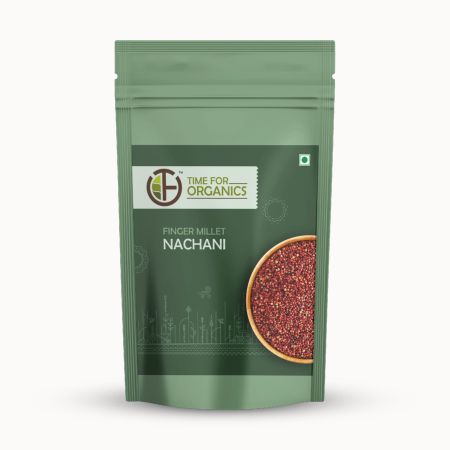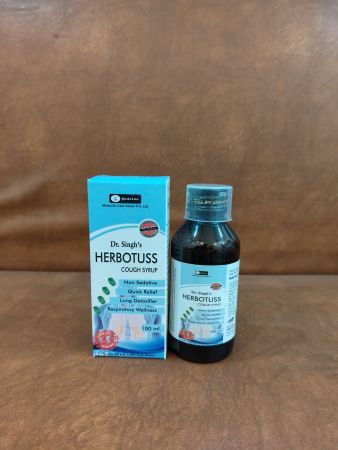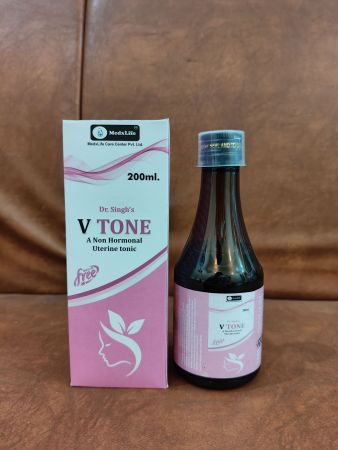|
Sage is an aromatic herb that has been valued for its culinary, medicinal, and spiritual properties for centuries. Known for its strong, earthy, and slightly peppery flavor, raw sage is widely used in cooking, as well as in natural medicine. This herb belongs to the mint family and is native to the Mediterranean region, although it is now grown worldwide. Sage is celebrated for its diverse health benefits, particularly its ability to support cognitive function, improve digestion, and reduce inflammation.
Botanical Characteristics:
Sage is a hardy perennial shrub with woody stems, soft, gray-green leaves, and purple or blue flowers. The plant typically grows up to 60–80 cm (2–3 feet) tall and thrives in well-drained soil and full sunlight. The leaves have a distinctive, aromatic scent and can be used fresh or dried. The essential oils found in sage are responsible for many of its medicinal and culinary uses.
Health Benefits of Raw Sage:
Sage is rich in bioactive compounds such as rosmarinic acid, flavonoids, and essential oils (including thujone and camphor), which contribute to its numerous therapeutic effects. The health benefits of raw sage include:
Cognitive Function and Memory:
Sage has been traditionally used as a cognitive enhancer, improving memory, focus, and mental clarity.
It is often used as a natural remedy to support brain health and may help protect against neurodegenerative conditions like Alzheimer's disease.
Digestive Health:
Sage promotes healthy digestion by reducing bloating, gas, and indigestion.
It can help soothe an upset stomach and is used to relieve symptoms of acid reflux, nausea, and irritable bowel syndrome (IBS).
Anti-inflammatory and Antioxidant Properties:
Sage contains powerful anti-inflammatory compounds that help reduce inflammation in the body, which can be beneficial for conditions like arthritis and muscle pain.
It also has antioxidant effects that help protect cells from oxidative damage caused by free radicals.
Antimicrobial and Antibacterial Effects:
Sage has potent antimicrobial properties that help combat harmful bacteria, fungi, and viruses.
It is commonly used in the treatment of throat infections, mouth ulcers, and gingivitis.
Hormonal Balance:
Sage is known for its ability to support hormonal balance, particularly for women.
It can help relieve symptoms of menopause, such as hot flashes and night sweats, by regulating estrogen levels.
Respiratory Health:
Sage is effective in treating respiratory issues like sore throats, coughs, and bronchitis.
It has expectorant properties that help clear mucus from the lungs and soothe inflamed airways.
Skin Health:
Sage has astringent and antibacterial properties that make it useful for treating acne, cuts, and skin irritations.
It can help tone the skin and is sometimes used in natural skincare products to promote healthy, clear skin.
Culinary and Medicinal Uses of Raw Sage:
Raw Leaves: Fresh sage leaves can be chopped and added to salads, soups, stews, and sauces for a rich, earthy flavor.
Herbal Tea: Sage leaves can be steeped in hot water to make a soothing tea that helps with digestion, sore throat, or stress relief.
Topical Use: Fresh sage leaves can be crushed and applied to the skin to treat acne, cuts, or inflamed areas.
Essential Oil: The essential oil of sage is widely used in aromatherapy for its calming and cognitive-enhancing effects.
Cultural and Historical Significance:
Sage has a rich history of use in both culinary and medicinal traditions. In ancient Rome and Greece, sage was considered a sacred herb and was used in rituals, as well as for its healing properties. During the Middle Ages, it was used as a remedy for digestive issues, wounds, and even as a preservative. Today, sage remains an essential herb in many cultures for its culinary and medicinal uses.
Nutritional Composition of Raw Sage:
Vitamins: Rich in Vitamin K, Vitamin A, and Vitamin C.
Minerals: Contains calcium, iron, magnesium, potassium, and zinc.
Bioactive Compounds: Rosmarinic acid, flavonoids, camphor, thujone, and essential oils.
Calories: Low-calorie, with a high concentration of antioxidants.
Environmental Role and Cultivation:
Sage is a hardy plant that thrives in sunny, dry environments with well-drained soil. It is drought-resistant once established and is often cultivated in herb gardens, botanical gardens, and culinary gardens. Sage is also beneficial to the ecosystem, attracting pollinators like bees and butterflies, and can act as a natural pest repellent in gardens.
|








.jpg)












